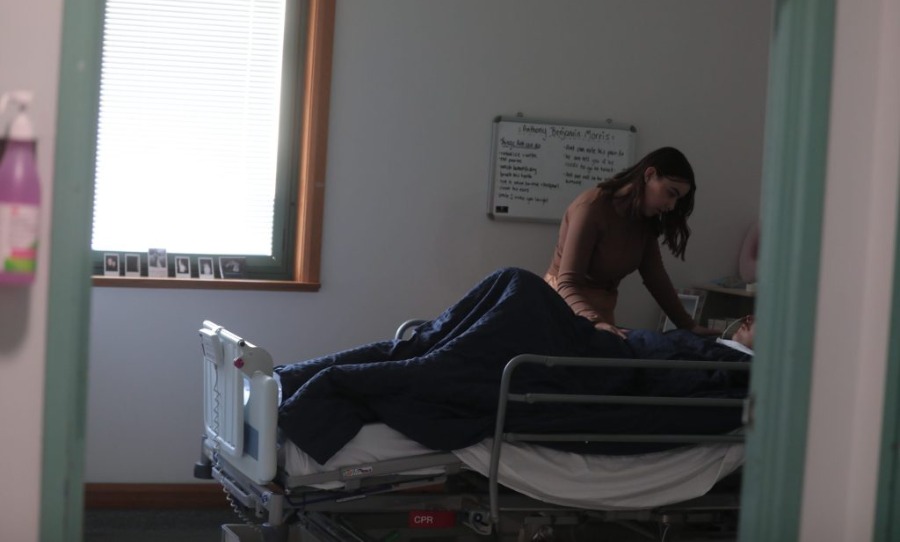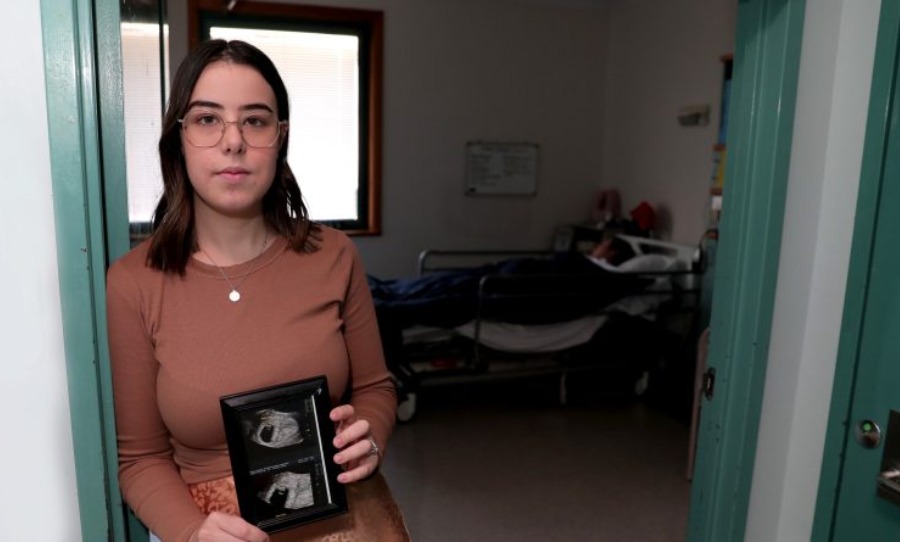As NSW hauls into another week of lockdown, so do hospital restrictions, but does this come at the expense of the patient’s mental health?
In the past year of Covid-19 restrictions and lockdowns, we have witnessed the tug-of-war pulls of the public health system attempting to contain an outbreak, whilst also balancing individuals’ mental health.
Whilst the cruciality of avoiding the spread of Covid-19 cannot be understated, there is also the challenge of recognising particular restrictive processes in the public health system doing more harm than good.

The recent Sydney outbreak has resulted in the Western Sydney Local Health District (WSLHD) being put on red alert.
From Monday 5 July, visitation to hospitals have been restricted to prevent putting vulnerable patients at risk.
At the height of the alert, visitors wishing to enter a health facility must complete an exemption form – granting acceptance in very limited situations such as: “women in labour, certain circumstances in the emergency department, special care nursery, paediatrics and palliative care”.
While the WSLHD has been reviewing applications on a case-by-case basis, the fine line of exemptions becomes blurred for patients who rely on visitation as a process to their recovery.
24-year-old registered nurse and midwife, Madeleine Morris, is an example of the grey area particularly for patients recovering from a traumatic brain injury (TBI).
Earlier this week, Morris’ hospital visitation form, allowing her to visit her husband, was denied.
Her partner, 25-year-old, Anthony Morris, sustained a severe TBI from a car accident in February.
The application was denied on the basis that his injuries did not meet the exemption criteria.
What is more concerning is that this denial of exemption would also be a denial of emotional and physical support – stifling the already incredible recovery of Anthony. “
They [WSLHD] need to know how important family is to someone with a severe brain injury and the recovery process” Morris explains through a social media post.
According to the Australian Family Physician, family support plays a pivotal role in the quality of life after experiencing a TBI – probing concern that restricting hospital visitation could trigger negative repercussions for recovering victims.
View this post on Instagram
Under the NSW Public Health Order, exemptions to the current Greater Sydney stay-at-home order include; “providing care or assistance to a vulnerable person”.
Yet soon-to-be mother, Madeleine Morris, who has provided her partner with routine, assistance during his crucial recovery, is denied visitation rights until NSW Health removes the red alert on hospitals.
Alerts, however, that may extend for longer than the currently enforced lockdown.
As Morris pleads with WSLHD to reconsider her application, she is also opening a deep pocket of long-term hospital patients who are also unable to receive the support so crucially needed from their loved ones:
“For his [Anthony’s], best chance at recovery, for myself, for our unborn child and for every person with a brain injury that is currently being denied emotional, physical and every type of support”.
NSW Health must consider the detrimental impact of their application criteria to victims with a TBI.
In amending the exemption, it would grant visitors who play a crucial role in a patient’s recovery, the rights they are entitled to.



